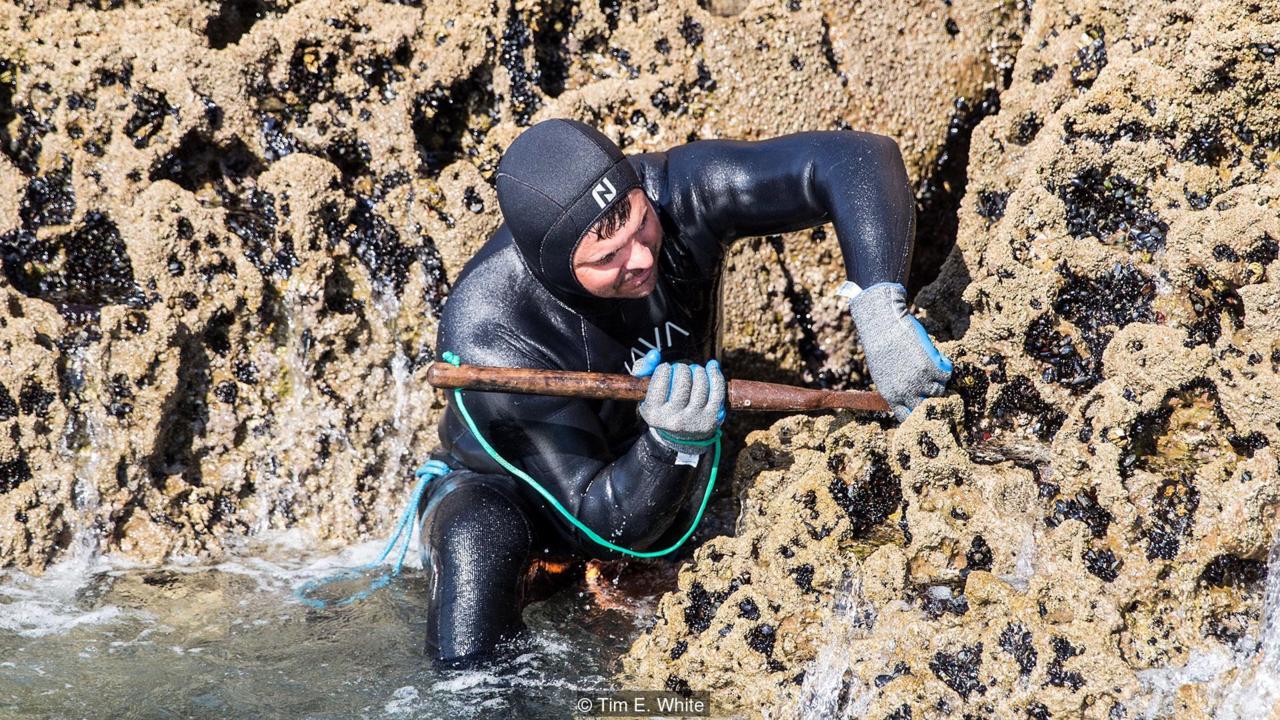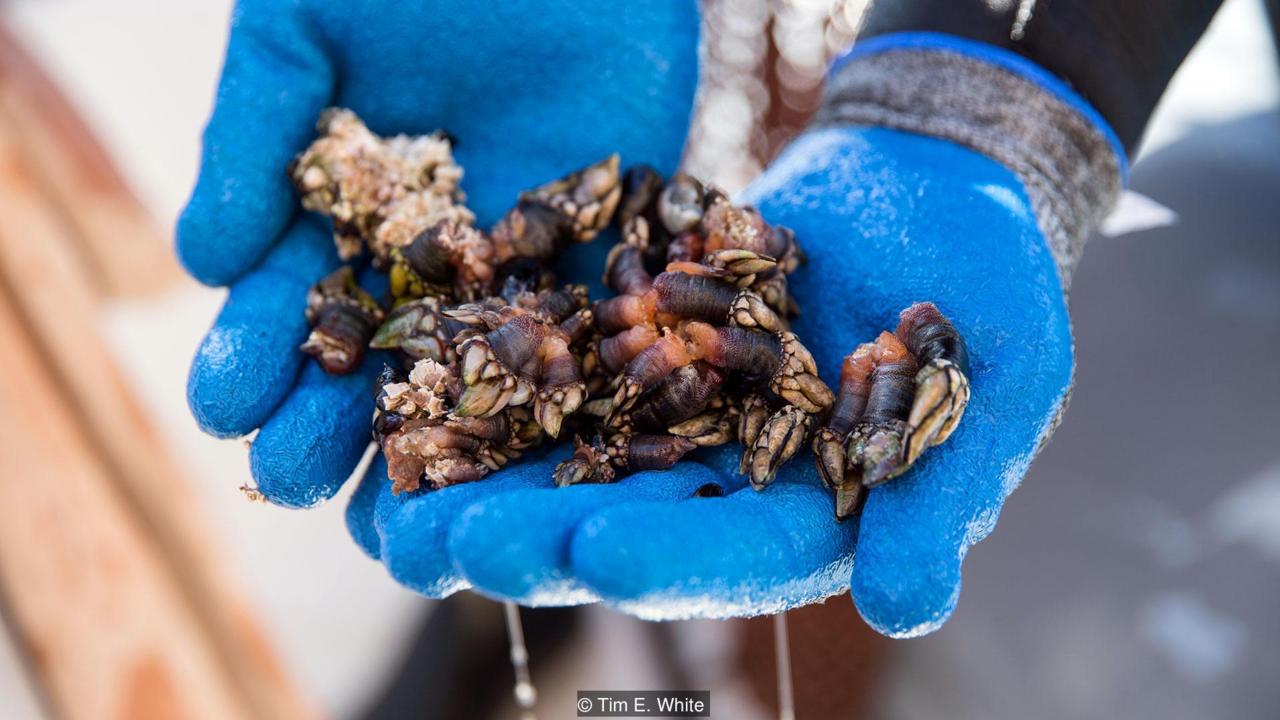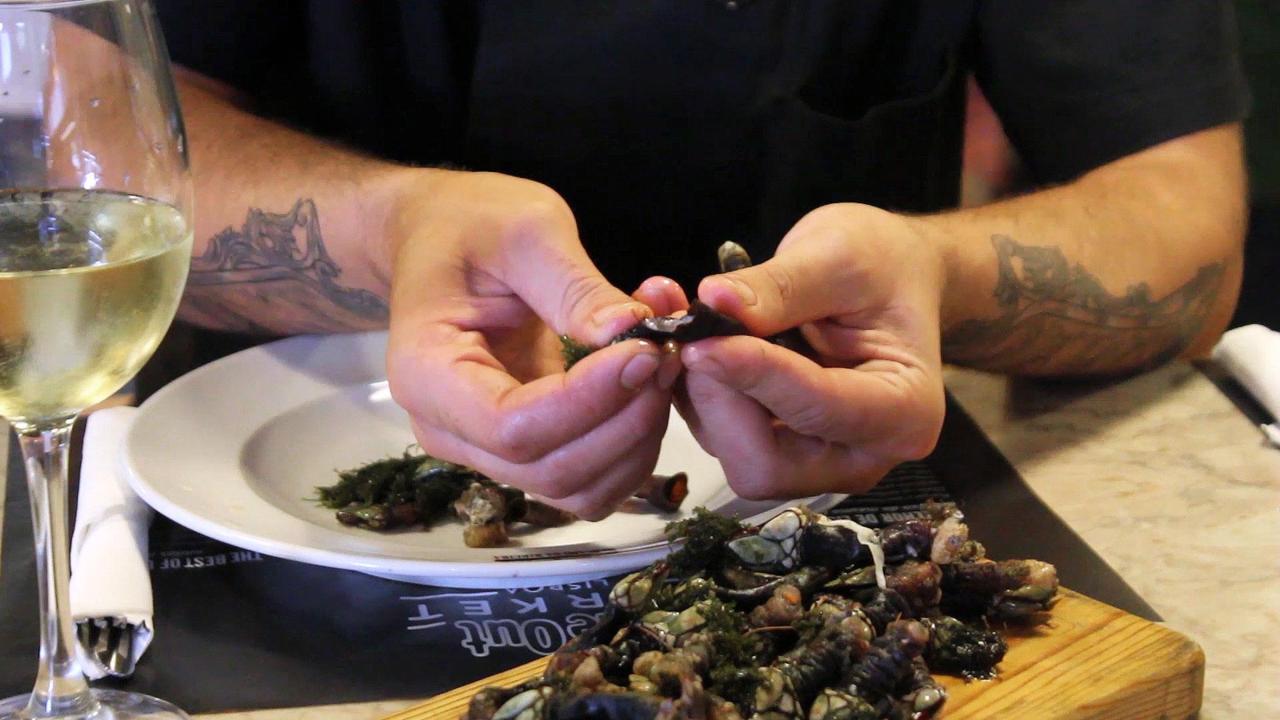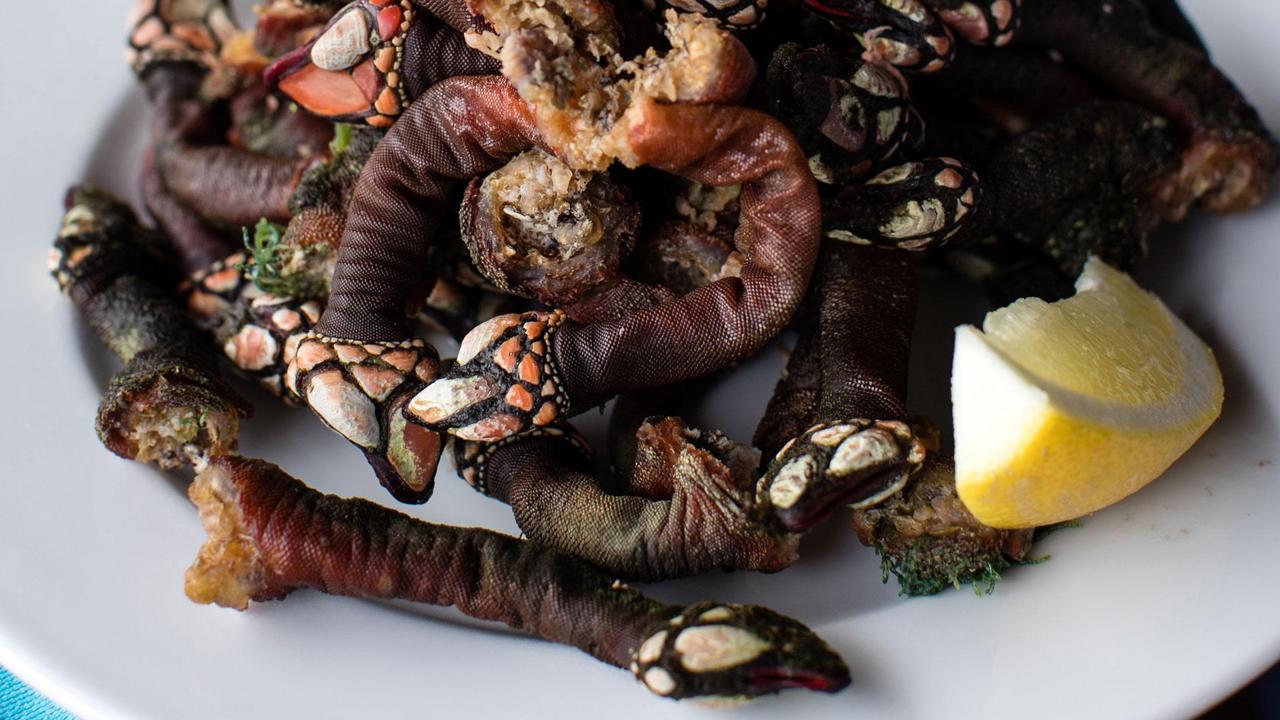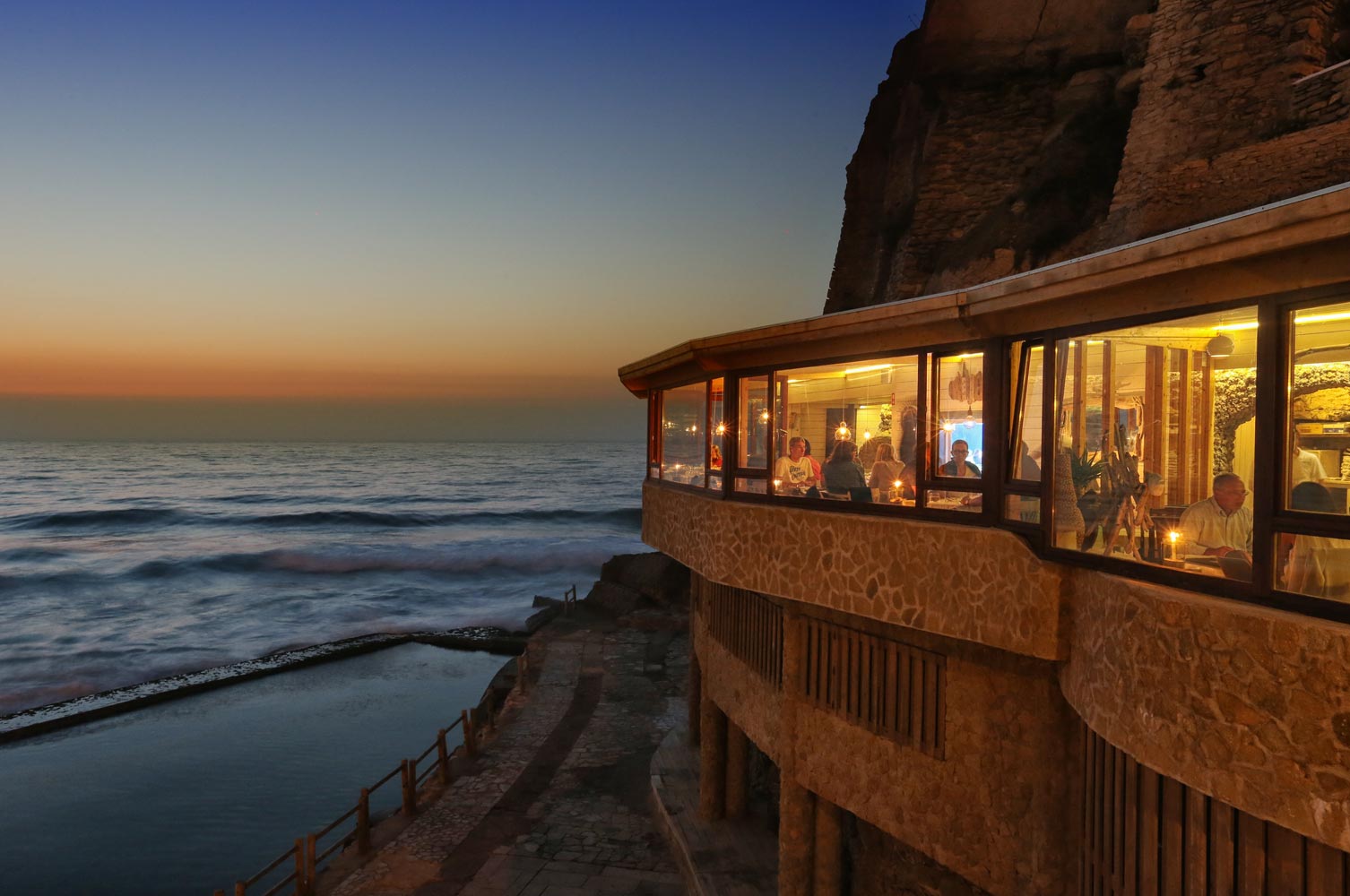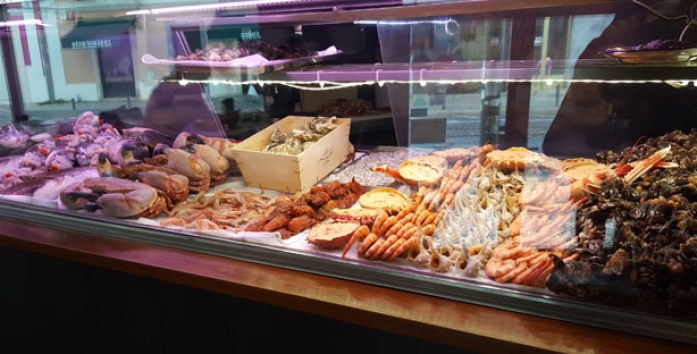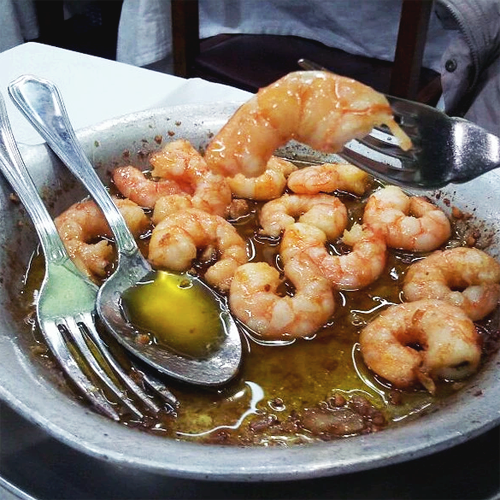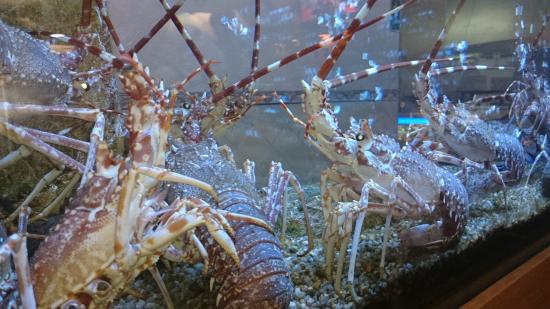Since the beginning of the year, World has been facing a pandemic that has no parallel in the history of the Planet, such is its magnitude and social and economic impact.
It is obvious that there have been other pandemic crises before, such as the black plague, cholera, or the Spanish flu, which were more devastating in terms of fatalities and implications on the general health of the population in specific places. The difference is that all these pandemics were much more localized and never, as now, reached the 5 continents almost simultaneously. And at a time when globalization is fully established, the effects of this particular pandemic are being devastating, not only in terms of health but, and very markedly, in terms of the global economy.
Portugal, due to its peripheral geographical location, seems to be having a little more “luck” than its European counterparts. The virus arrived about two weeks late in relation to these countries at a time when the population and the Government were already alert and many measures, including confinement, were applied at a relatively early stage of the virus transmission. Probably for this reason, the effects have been more controlled than in other countries, and it seems that the so-called “flattening of the propagation curve” that is meant at not overwhelming the health services could be in the process of being achieved. However, it is important to note that the virus transmission at the current time (early April) is still growing.
And as the virus is progressing, in Portugal and in the world, it’s already wreaking havoc in the Economy. Many advance that the crisis that will follow will be something never seen, and bigger than the economic crisis of 2008. Others affirm that the crisis of 2008 was structural, while the one that will derive from COVID 19 is circumstantial, reason why it will be more easily overcome. In any case, the world must be prepared for an inevitable recession.
One of the sectors that is suffering the most from this crisis is Tourism. Lockouts, flight suppressions, individual confinement and all the other (necessary!) measures to contain the virus spread led to a literal hibernation of Tourism, and it is not possible at this stage to estimate when the sector could wake up from this lethargic state.
In Portugal, as in other places, Government has tried at all costs to put forward measures to support and mitigate the effects of the crisis in the sector, seeking to secure companies and jobs, but it is certain that many players, namely the less qualified, those with higher fixed costs and those that, with the tourism boom in Portugal in recent years, have grown immeasurably without being aware of possible falls in demand, will not be able to rise. Inevitably, jobs will be lost and companies will shut.
On the other hand, it is expected that once the pandemic is controlled, tourism will be one of the sectors more likely to quickly recover. This is because people will feel the need to travel after so much time limited in their movements, almost as a way of celebrating a regained freedom. It is also likely that governments, airlines and travel agencies will create mechanisms and promotions to attract travellers and thus revive the sector.
And it is at this point that the players who survived this crisis will be able to capitalize on the confidence that they will convey to travelers for having been able to demonstrate stability and resilience by having managed to survive a crisis of this dimension.
Finally, and hopefully, it should be noted that Portugal may have a competitive advantage in this whole process of Tourism recovery because of the way it has been able to control the spread of the epidemic, due to the quality of its National Health System, institutional solidarity, political stability and the, already visible, Government's commitment to support and promote the sector. All of these are factors that convey security and confidence to travellers. And obviously because once this all over, Portugal will continue to be one of the most authentic, most culturally rich, most diverse and most welcoming countries in the World!
With My Lisbon Holidays we will offer you the opportunity to feel and live Portugal in a tailor-made way.















